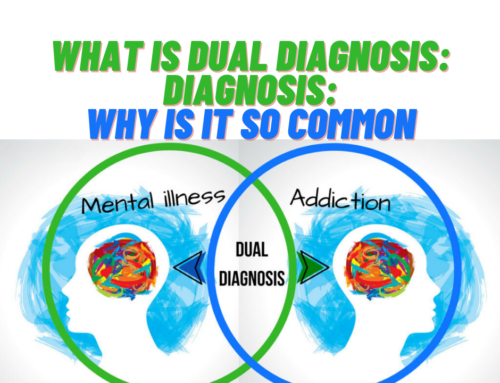Alcohol is one of the most consumable drugs in the world, as you can legally buy alcoholic beverages in stores, as well as restaurants and bars. According to the American Liver Foundation, up to 35% of people develop alcoholic hepatitis, where the liver is inflamed as a result of drinking alcohol. To prevent irreversible damage to the liver and the possibility of liver cancer, it is crucial to seek treatment for alcoholism now while you still can.
The Symptoms of Alcoholic Hepatitis
Many people with alcoholic hepatitis are asymptomatic until they see a doctor for a blood test. When the disease is symptomatic, you may experience jaundice, where your skin becomes yellow. You also might experience nausea and vomiting or loss of appetite. This disease can also cause your appetite to decrease. As alcoholic hepatitis progresses, it can cause liver failure, liver steatosis, cirrhosis, and an increased risk of liver cancer.
How Alcoholic Hepatitis Is Diagnosed
First, your doctor will ask about your health history and alcohol consumption. Next, your doctor will perform a physical exam to see if you have an enlarged liver or spleen. They may choose to run a series of tests, such as your complete blood count, liver function test, blood clotting tests, abdominal CT scan, and ultrasound of the liver. To confirm a diagnosis, your doctor might order a liver biopsy, which involves removing a tissue sample from the liver.
Treatment Options for Alcoholic Hepatitis
The best form of treatment is to stop drinking once you receive this diagnosis. You can reverse the damage to your liver by avoiding alcohol during the early stages of this disease. The more damage brought to your liver, the more permanent the changes. Even if the damage is too severe, you should still stop drinking, as any amount of alcohol will not help you get better. Ask your doctor to refer you to an addiction specialist to begin the alcohol detoxification process.
Treatment can also mean medications that reduce the inflammation of the liver and improve liver function. If you are malnourished, there are supplements to help you get the vitamins and nutrients you need. A feeding tube may be required, in some cases. If too much damage has been done to the liver, you may need a liver transplant — in which case, you can only be on the donor list if you demonstrate you will not continue drinking. Protect your liver by abstaining from alcohol, and seek treatment.
Alcohol can do major damage to vital organs, including the liver. Alcoholic hepatitis is a disease that can be diagnosed with alcoholism and can be hard to treat and also has the potential to be fatal. The urge to stop drinking is very challenging and frustrating, but it is very possible. Alta Loma’s transformative treatment center in Georgetown, Texas can do wonders for your health by connecting you with personalized treatment options. You are the only one that has control not only over your treatment plan but the care of the organs in your body. You only get one body, so treat it well. Alcoholism recovery options that Alta Loma provides include Master’s certified addiction specialists who are dedicated to helping you with your road to recovery, 12-Step programs, full psychiatric assessments, structure and stability, therapeutic recreational activities, a long-term continuum of care, and more. Take control of your health now by calling (866) 457-3843.



